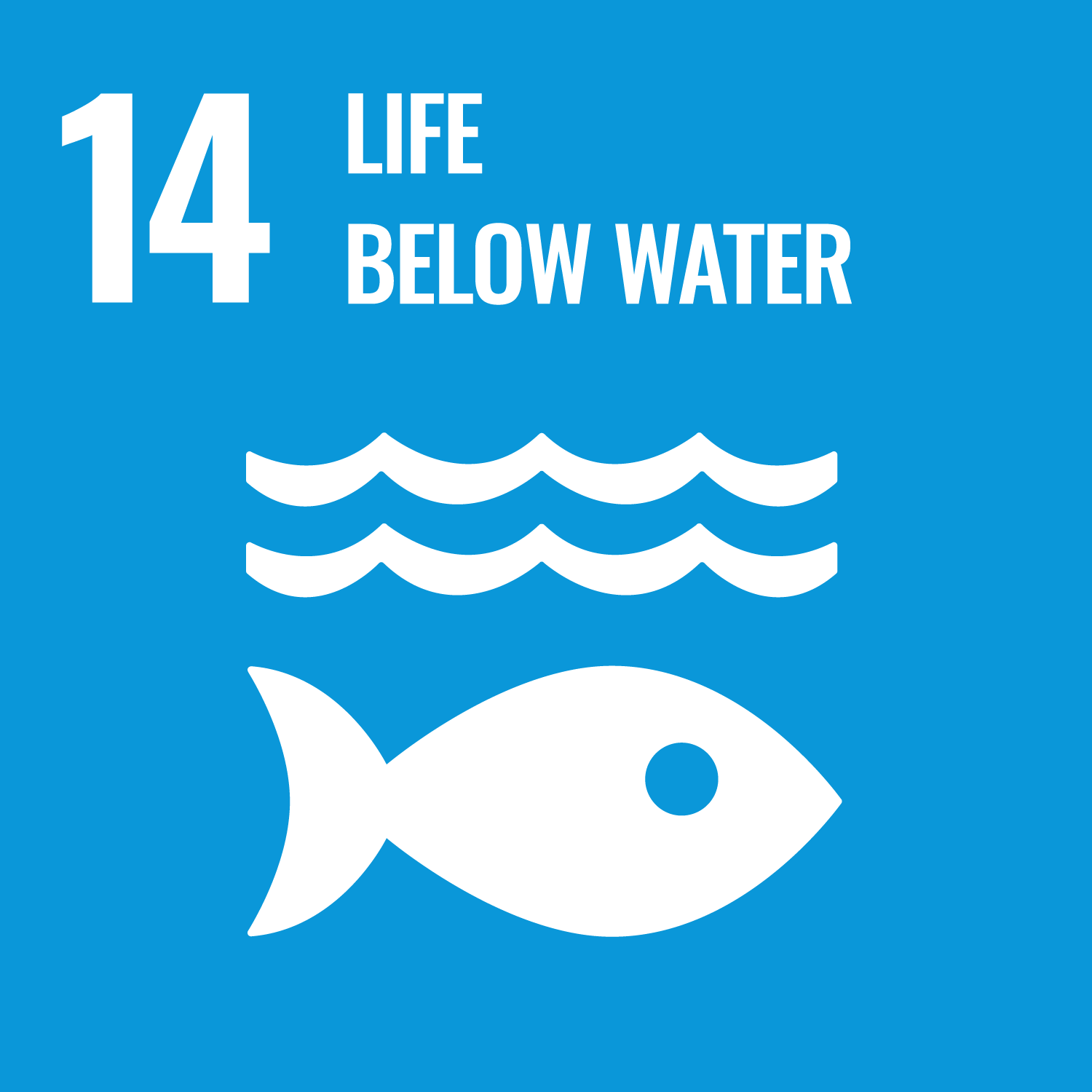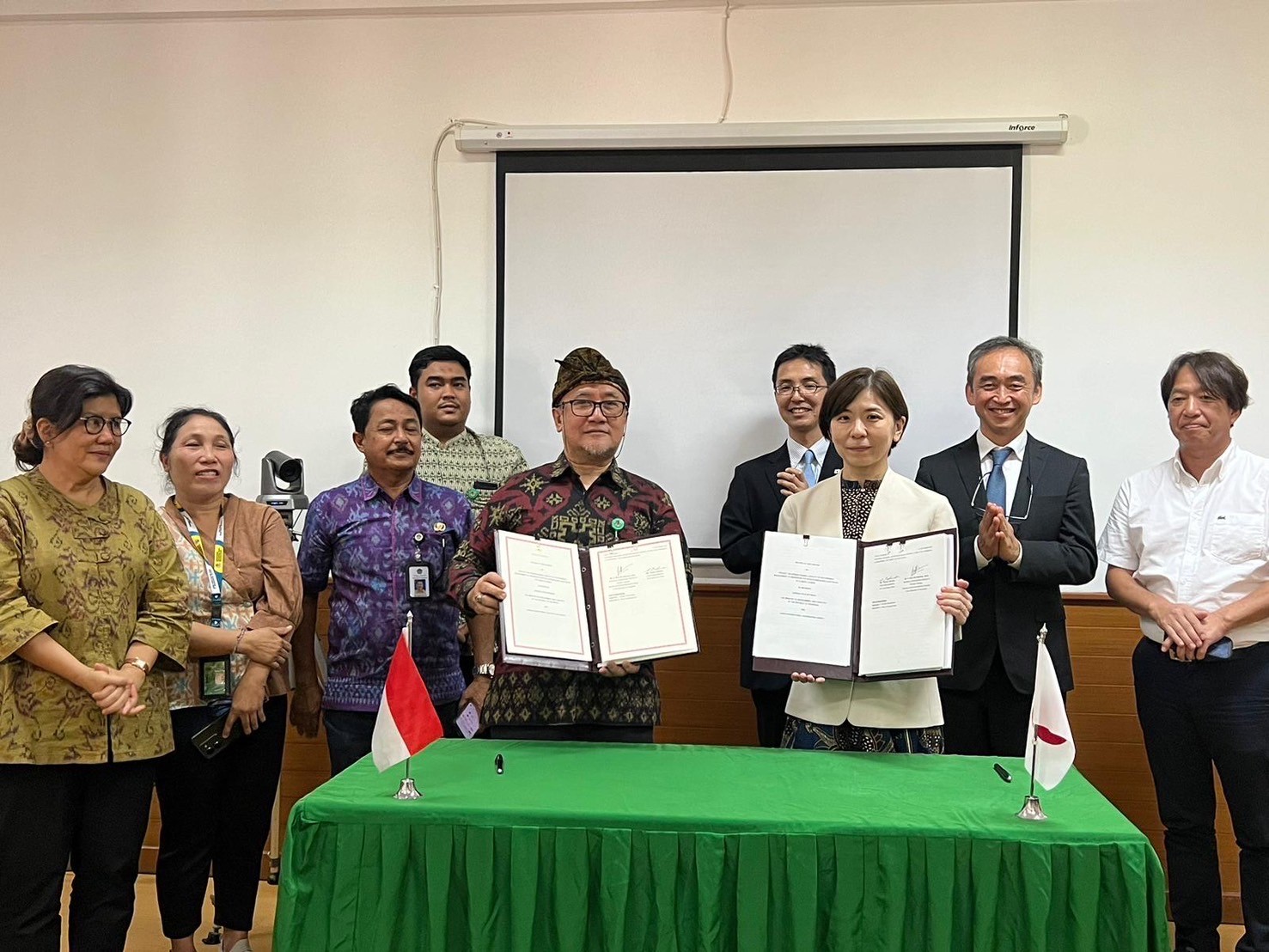Signing of Record of Discussions on Technical Cooperation Project with the Republic of Indonesia: Supporting climate action through sustainable mangrove management



2024.09.03
On September 3, the Japan International Cooperation Agency (JICA) signed a Record of Discussions with the Government of the Republic of Indonesia for the Project on Strengthening Capacity of Sustainable Management of Mangrove for Ecosystem-based Adaptation to Climate Change, a technical cooperation project.
JICA has a long history of cooperation on mangrove conservation in Indonesia, focusing on capacity building for mangrove management through the Mangrove Information Center (MIC) established in Bali in 2003. Mangrove forests, which grow in intertidal zones of tropical and sub-tropical coastal areas, not only provide a variety of fishery and forest resources, but also contribute to disaster risk reduction and carbon sequestration, protecting coastal residents from tsunamis and storm surges as well as boasting a higher carbon sequestration capacity per unit area than terrestrial forests.

Signing Ceremony
In recent years, mangrove ecosystems have received much attention as an effective means of climate change mitigation and adaptation. However, mangrove forests across the world face numerous threats of destruction and have decreased by approximately four million hectares over the 40-year period from 1980 (FAO statistics). In Indonesia, which holds the world’s largest mangrove extent, significant losses have occurred due to conversion into shrimp ponds, leading to reduced biodiversity and ecosystem services and increased disaster risks for coastal communities. In response to this situation, the Indonesian government is strengthening policies and measures to reduce climate-change impact through the protection and restoration of its mangrove forests.
This project aims to enhance Indonesia’s capacity for sustainable mangrove management from the perspective of Ecosystem-based Adaptation (EbA) to climate change. It will strengthen the functions of the MIC in relation to EbA, provide science-based policy recommendations for EbA and sustainable mangrove management, develop sustainable management models to enhance the environmental and social resilience against climate change, and support the establishment of the World Mangrove Center planned by the Indonesian government. These activities will strengthen Indonesia’s coastal areas against climate change. This project will also contribute to the achievement of SDGs Goals 13 (Climate action), 14 (Life below water), and 15 (Life on land).
Details for the project are provided below.
| Country | Republic of Indonesia |
|---|---|
| Project title | Project on Strengthening Capacity of Sustainable Management of Mangrove for Ecosystem-based Adaptation to Climate Change |
| Planned implementation period | 36 months |
| Executing agency | Ministry of Environment and Forestry |
| Target region | Java, Bali, and Nusa Tenggara |
| Specific project details (provisional) | With the objective of enhancing capacity improvement for sustainable mangrove management as an Ecosystem-based Adaptation (EbA) measure, 1) capacity building for organizations and personnel in charge of mangrove management, 2) establishment of a scientific-information basis to assess the resilience and vulnerability of coastal areas, and 3) development of social forestry models for the conservation and sustainable use of mangroves. |
scroll